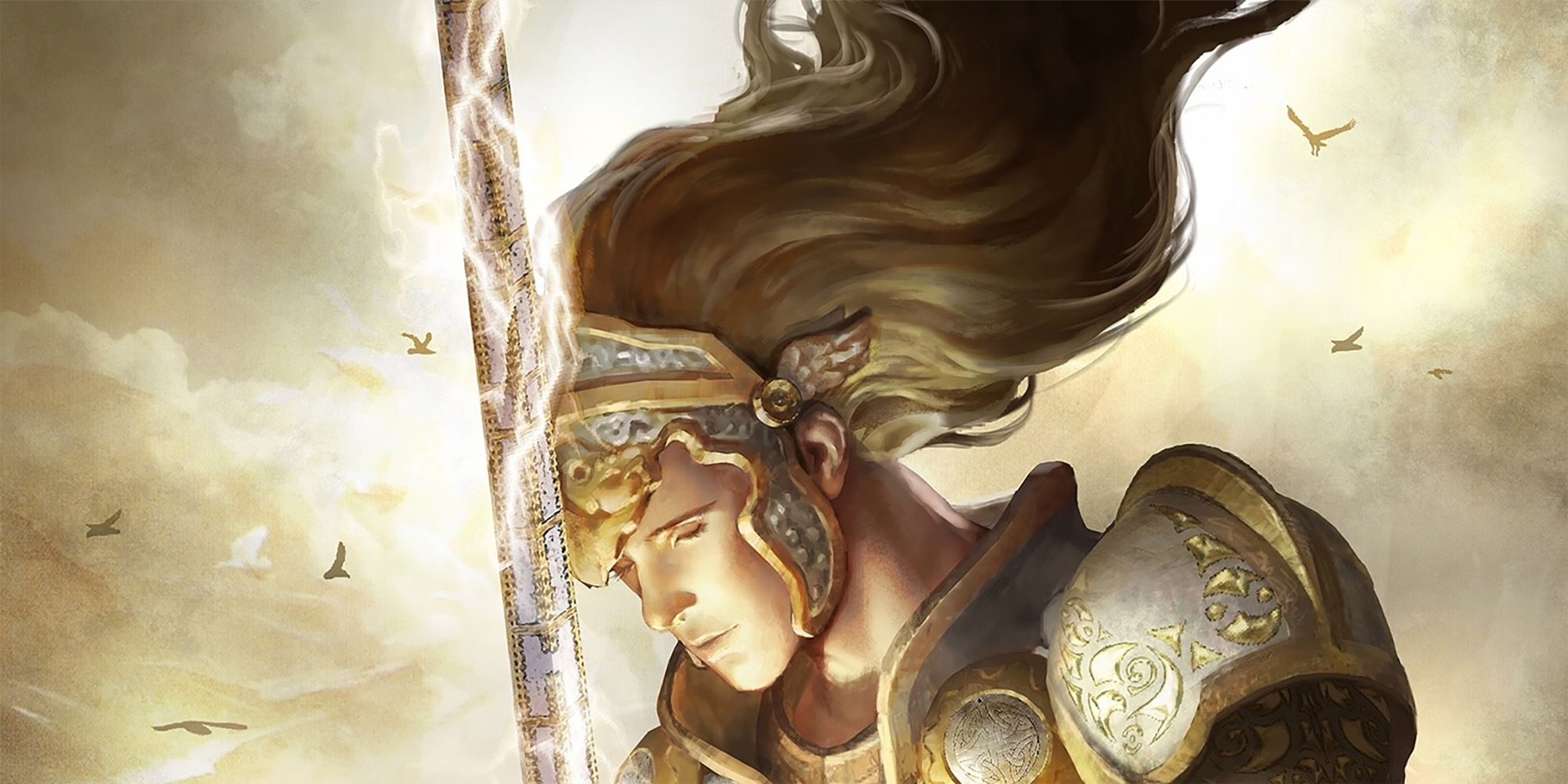
When it comes to creating a Dungeons & Dragons character, it's hard to go wrong with the Paladin class. Because Paladins have access to so many of the game's core mechanics, they are ideal for both seasoned vets who can balance a lot of different needs and brand new players looking to learn more about the game.
The right Paladin build guarantees the player's role as the dependable fighter, spokesperson, spellcaster and healer the rest of the party won't hesitate to come to when there's a problem. They can fill in easily as the party's go-to tank, on-call healer when there isn't a Cleric and though many don't think of them as performers, their high Charisma gives them and edge even the Bard will admire.
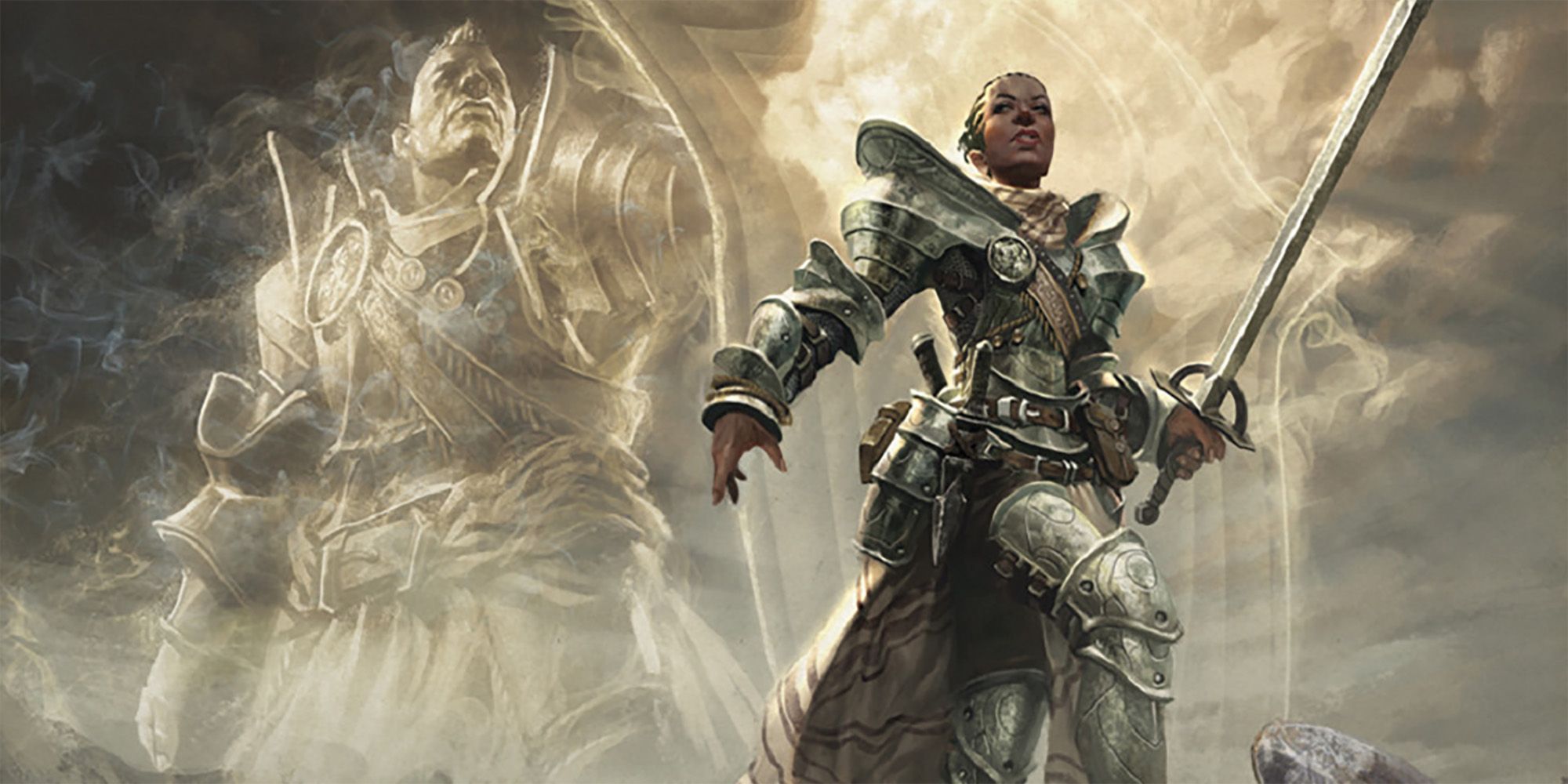
Paladins rely on both melee and magic, drawing power from divinity to fuel their righteous quests. Because they have potential to be frontline fighters as well as casters, they need to bolster two important stats: Strength and Charisma. STR gives them the edge they need when it comes to melee attacks, improving their attack and damage rolls. Then, the Paladin's magic relies on CHA, which empowers their spell attacks and damage rolls.
CHA is also an important part of communication. It gives Paladins an edge when it comes to important skills like Persuasion, Performance, Deception and Intimidation, all of which can be used more effectively when dealing with enemies, diplomats or other NPCs that might need a little convincing to help the party achieve their goals.
Constitution, while not as vital as STR and CHA, is still important because it helps a character build a strong pool of hit points so they can withstand attacks on the frontline. The other three stats are dump stats, meaning their effects are purely aesthetic and should only be boosted when the others have reached their max.
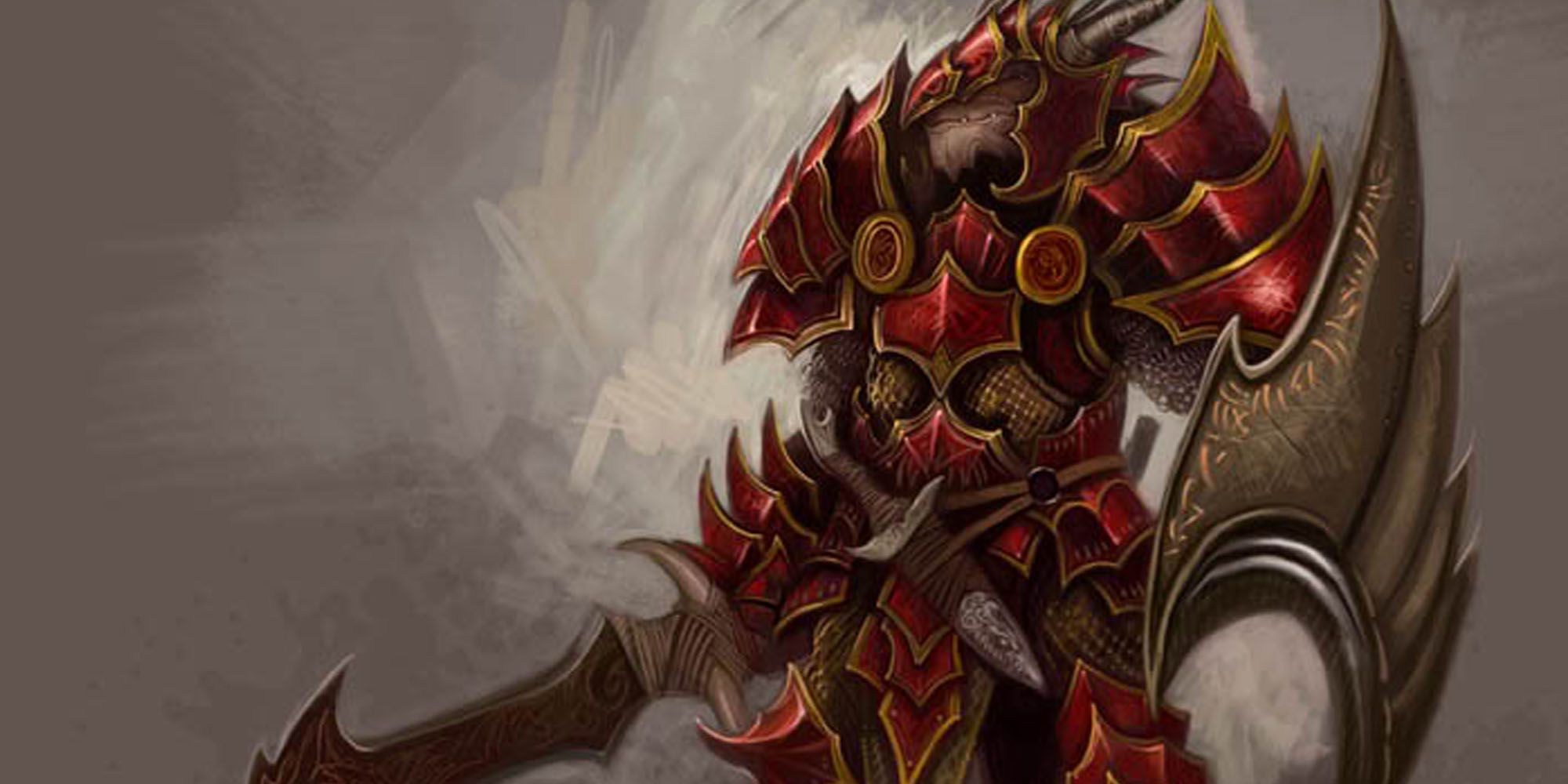
One of the best races for the Paladin build is the Dragonborn. Dragonborn get +2 STR, +1 CHA, damage resistances based on their draconic ancestry and their very own breath weapon, which only serves to make them that much more powerful. Half-Elves are also a powerful choice because they start out with +2 CHA and +1 to two other stats, which means both core stats and CON all get a boost right off the bat. Aasimar are also a logical choice because they often have an innate sense of law and justice that make them perfect Paladins. They start the game out with +2 CHA, Darkvision, Celestial Resistance and have automatic access to Healing Hands.
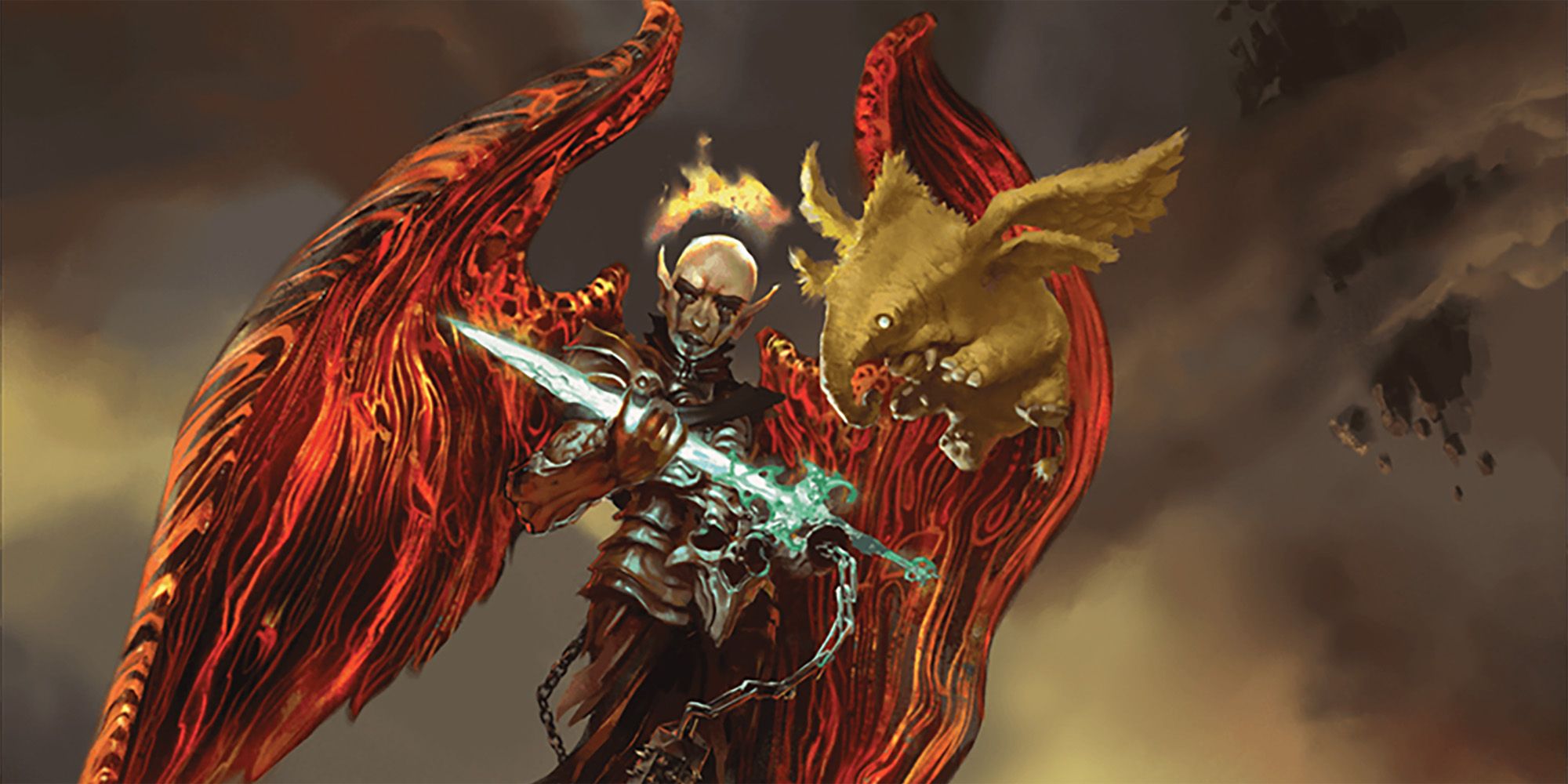
The Oath of Vengeance is a powerful choice because it tends to focus on offense. An offensive fighter will do everything in their power to drive back any and all who would dare to threaten their allies because it's the just and righteous thing to do -- even if their drive for vengeance might seem contradictory to those around them. To make them even more powerful, these Paladins can even become Avenging Angels, sprouting wings that carry them through the sky as they pursue their targets.
Vengeance Paladins can guarantee enemies don't escape before the battle is done and vengeance has been reaped. With access to spells like Hunter's Mark and Hold Person, it's hard for anyone to get away from the Avenger once they've set their mind to making them pay for their misdeeds.
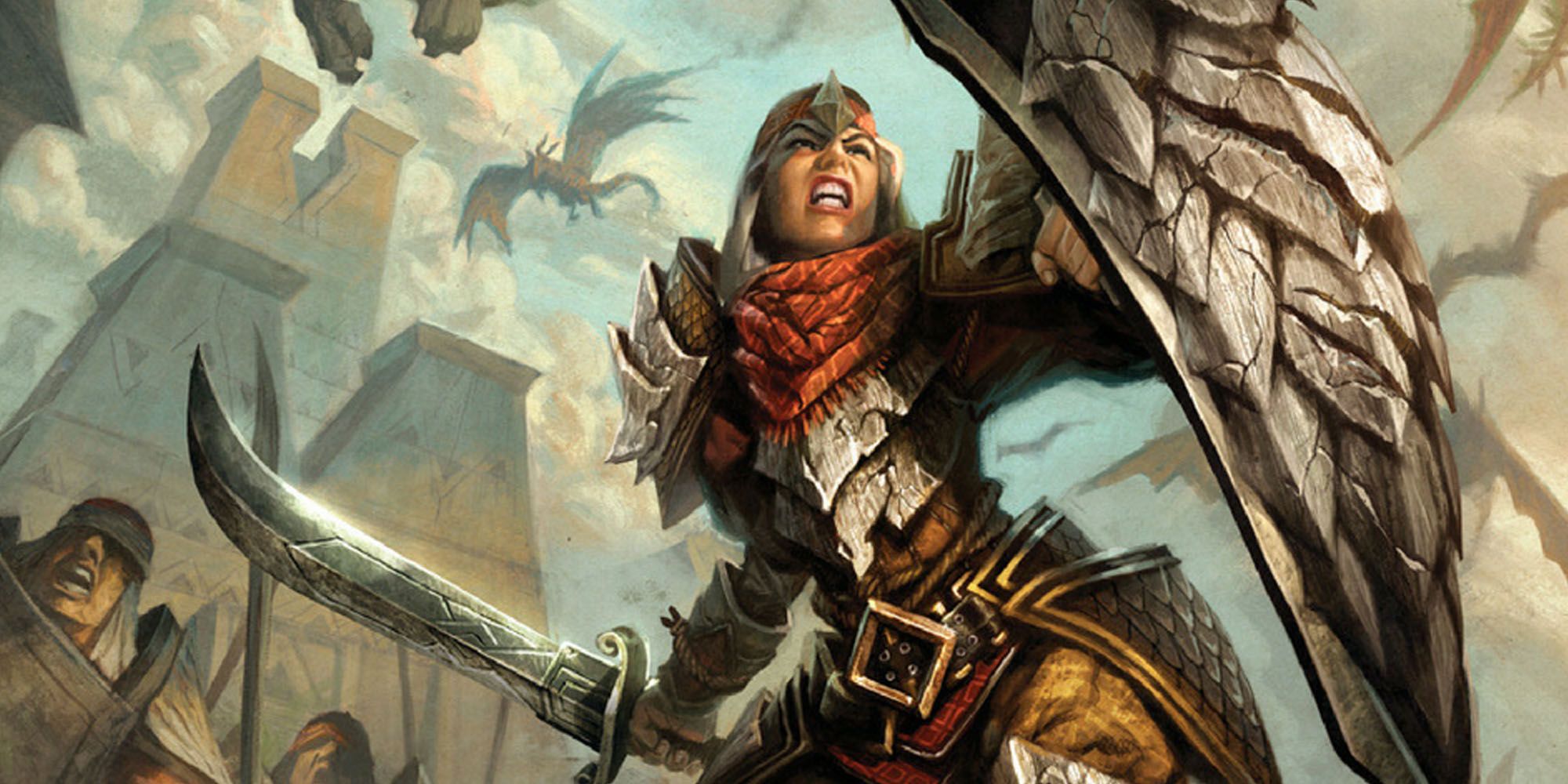
When it comes to taking a feat or two, there are a few that work well with the Paladin's skillset. For instance, Sentinel allows the Paladin to protect their allies when they see an enemy rushing the innocents at their back. Doling out attacks of opportunity that reduce the target's movement to zero so they can't escape the inevitable guarantees others adversaries will think twice before trying to zip past the Paladin to target another party member.
Great Weapon Master is another powerful option, allowing the Paladin to take a -5 penalty on their attack roll to deal an additional +10 damage. It also gives them access to a melee bonus attack when the Paladin crits or knocks an enemy prone with an attack, which could potentially rob two death saves from a downed enemy they knocked unconscious with their last attack.
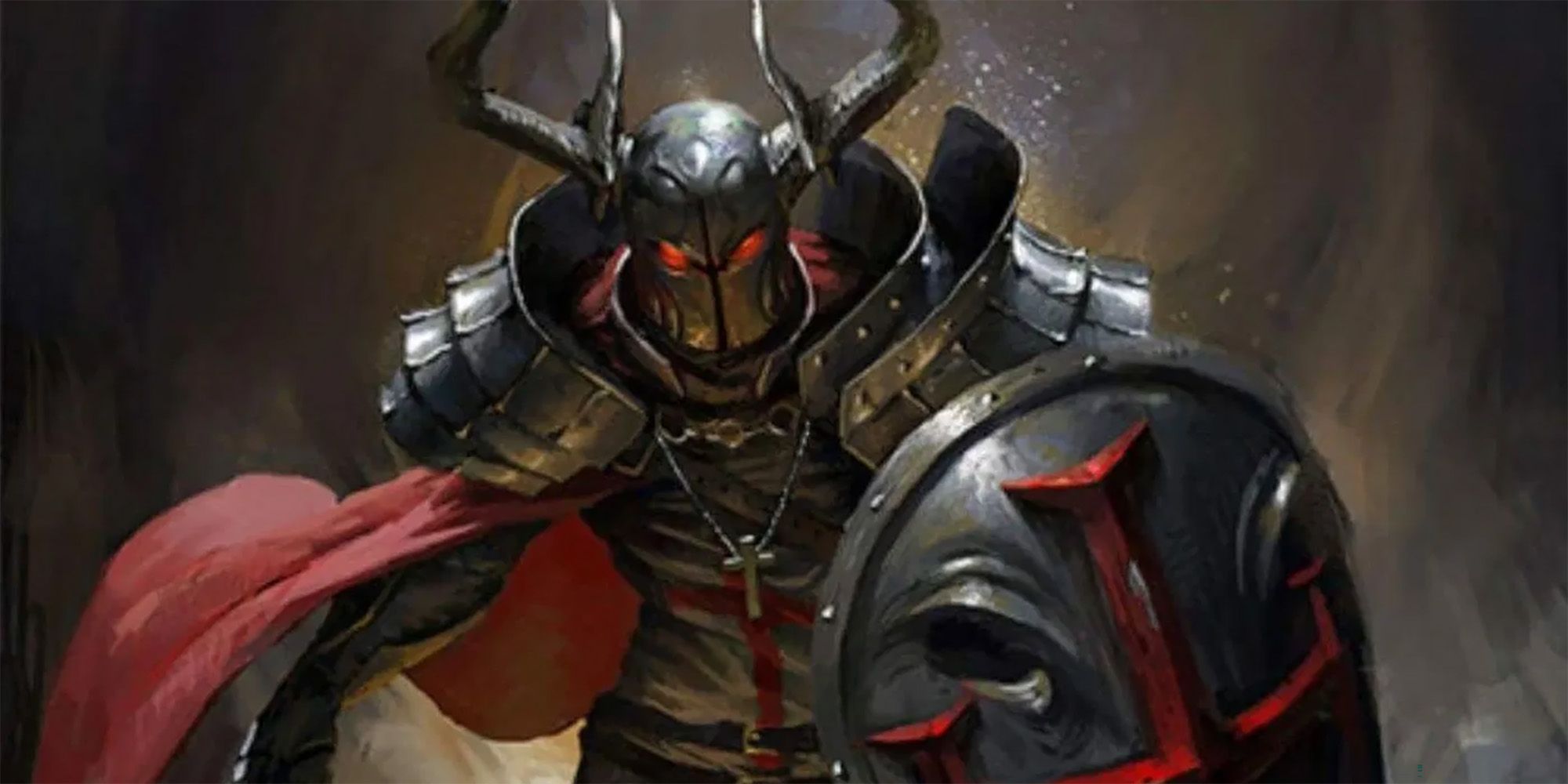
Paladins have access to a wide array of spells, though they can't cast at the higher levels. Fortunately, the spells they do gain access to are powerful enough to be useful anyway. Paladins are masters when it comes to righteously smiting enemies who dare cross their path or stand in conflict with their Oath. They have access to a wide array of useful smites, like Banishing Smite, which doles out a fair amount of damage and has the potential to banish the target if their hit points go below 50. Blinding Smite tacks on an additional 3d8 radiant damage on a successful melee attack and can potentially blind a target.
These holy warriors can also protect their allies with Circle of Protection, which not only provides advantage on saving throws against certain types of damage, but can negate the half-damage on a successful save so they don't incur any damage at all. Finally, Revivify allows a Paladin to raise fallen allies if they can get to their side quickly enough to send death packing before it has a chance to sink in.
0 Comments